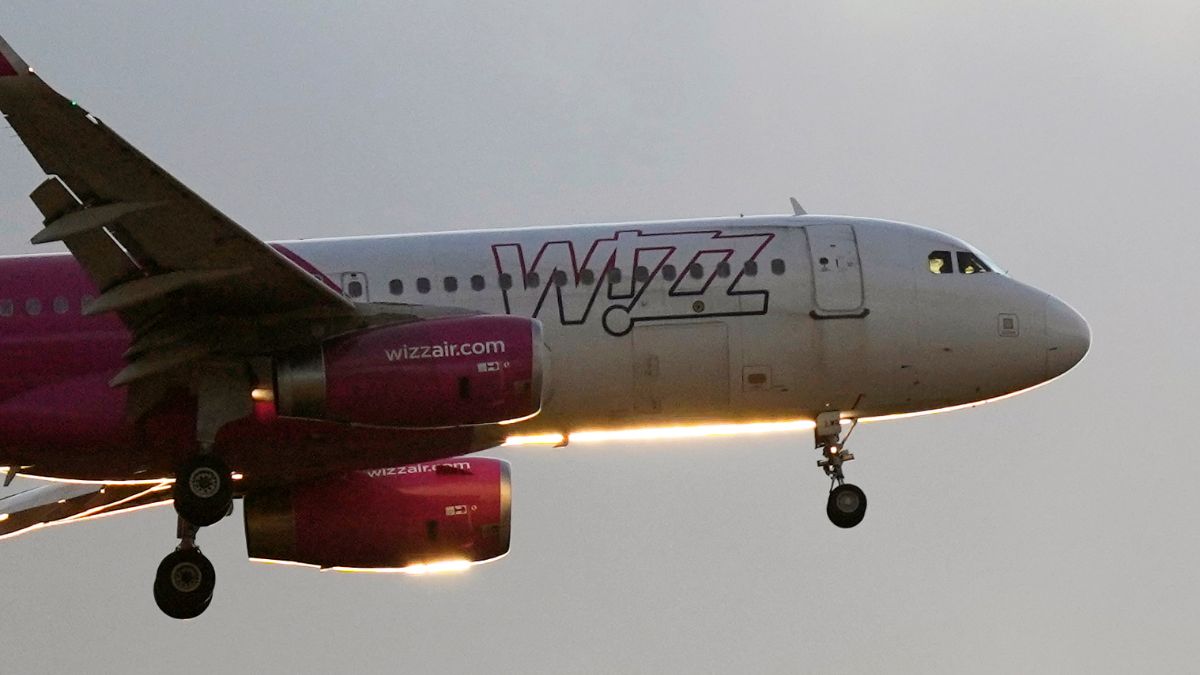Wizz Air quits Abu Dhabi explained: Airline cite geopolitical instability, Dubai competition for exit

Wizz Air, a Hungarian low-cost carrier company, has announced that it will suspend and exit its operations from Abu Dhabi to focus on its main eastern European market.
The decision to end its operations will be effective from September 1. The company put out a statement that said that the move follows a “comprehensive reassessment of market dynamics, operational challenges, and geopolitical developments in the Middle East”. Wizz Air said that their operations in Abu Dhabi have been facing challenges including engine reliability constraints, geopolitical volatility and regulatory barriers. Wizz Air CEO Jozsef Varadin said, "While this was a difficult decision, it is the right one given the circumstances."
The company has also faced fierce competition from Dubai International Airport, which flies about 92.3 million Passengers, AP reported. In comparison, only about 28.8 million fly through Abu Dhabi airport.
Wizz Air was founded for Eastern European travellers, and later expanded into Western Europe. They opened a base in Abu Dhabi in 2019 at the Zayed International Airport in partnership with the government-owned Abu Dhabi Developmental Holding Co., hoping to expand further into the Middle East. The company had been promised access to India and Pakistan, which was not granted.
The company said that the geopolitical instability in the Middle East has created frequent airspace closures and disruptions, which have affected the travel demand.
Jozsef Varadin said that the company will be returning to its "bread and butter”, which is central and eastern Europe. The region accounts for about two-thirds of the airline's business, followed by Britain, Italy and Australia, which account for 30 per cent. Abu Dhabi had only contributed 5 per cent.
He said that they have been underinvesting in the European market over the last few years. “Now we can go back to the full spirit of continuously exploiting the market," he said while speaking to Reuters.
The company has 280 aircraft on order from Airbus for the next five years and it's looking ot deply them in central and Eastern Europe.
Varadin also revealed that the company has its eyes set on Ukraine as the country would have a sufficient travel demand, whether it fully opens as a market or not.
The airline is departing from the region just as the UAE was looking to encourage tourism and diversify its economy.
Middle East